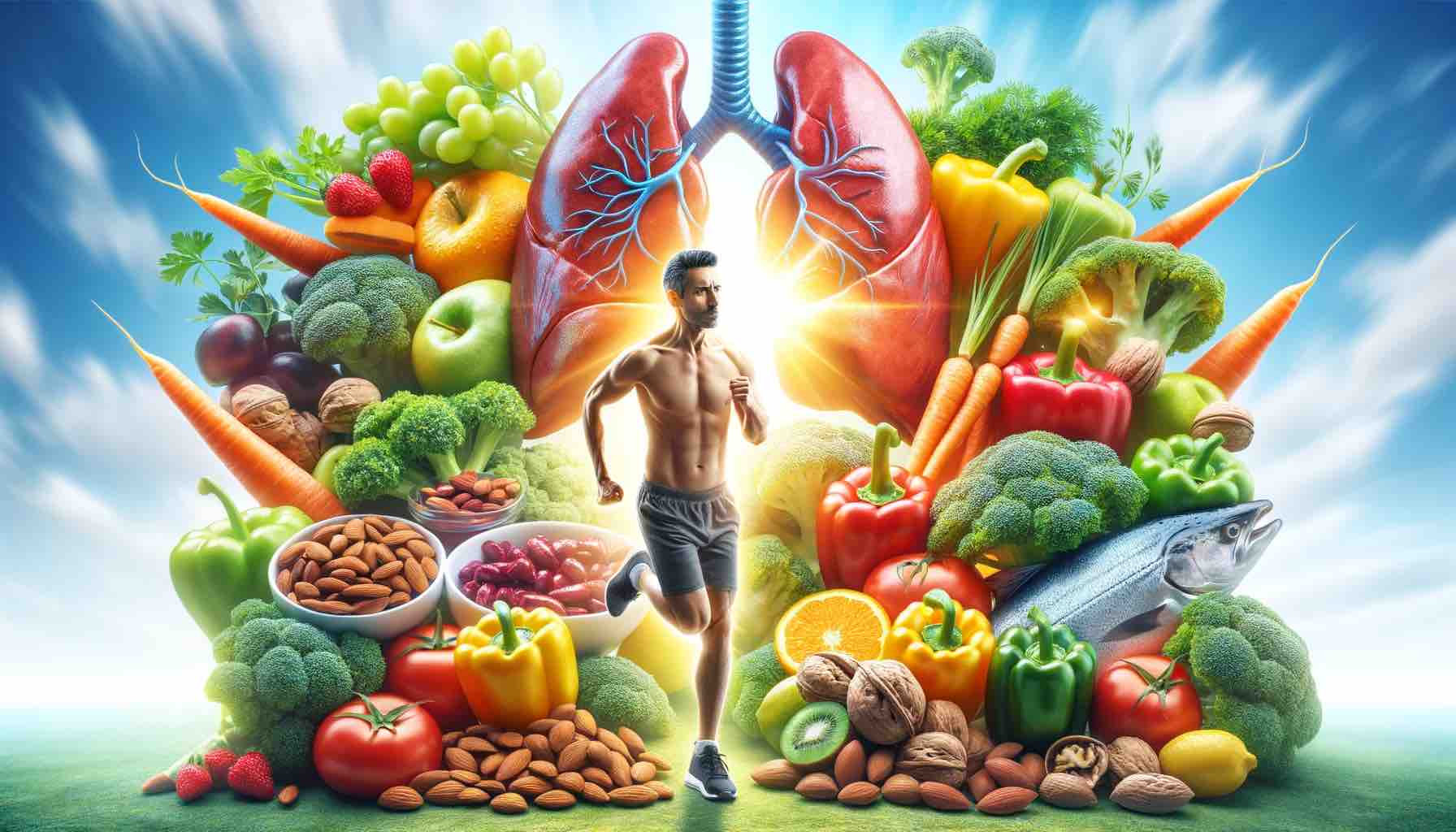
Introduction:
In a world where fatty liver disease is becoming increasingly common, understanding the root causes and embracing healing strategies is more important than ever. Dr. Mark Hyman’s insights provide a roadmap for those seeking to reverse this condition. Building upon our previous discussions on liver cirrhosis and reversing fatty liver disease naturally, this post delves deeper into the dietary culprits that contribute to fatty liver disease and the healing foods and supplements that can aid in recovery.
Caption: Uncover the dietary changes necessary to reverse fatty liver disease with Dr. Mark Hyman.
Credits: Video by Dr. Mark Hyman, MD, YouTube Channel: Mark Hyman, MD
Dietary Culprits Behind Fatty Liver Disease
Dr. Hyman emphasizes that the modern diet, laden with sugars and processed foods, is the primary driver of fatty liver disease. He points out that not all sugars are created equal, with fructose being particularly harmful when consumed in excess. Unlike glucose, fructose is processed in the liver, converting directly into fat, leading to fatty liver and insulin resistance.
High Fructose Corn Syrup (HFCS): A pervasive ingredient in sodas, sweets, and even savory processed foods, HFCS is a major contributor to fatty liver. Dr. Hyman advocates for the complete elimination of HFCS from our diets as a critical step towards liver health.
Refined Carbohydrates: White bread, pasta, rice, and other processed grains rapidly convert to glucose in the body, spiking insulin levels and promoting fat storage in the liver.
Alcohol: Regular consumption of alcohol can exacerbate liver inflammation and fat accumulation, even in moderate amounts.
Healing Foods and Supplements
Turning the tide on fatty liver disease involves more than just cutting out harmful foods; it requires a proactive approach to include liver-supporting nutrients in our diet.
Detoxifying Foods:
- Brassica Family Vegetables: Broccoli, Brussels sprouts, kale, and cauliflower contain compounds that enhance the liver’s detoxification enzymes.
- Sulfur-Rich Foods: Garlic and onions support the liver’s detox pathways and help flush out toxins.
Supplements for Liver Health:
- N-acetylcysteine (NAC): This antioxidant helps replenish glutathione, the body’s master detoxifier.
- Alpha-Lipoic Acid: It has a unique ability to regenerate other antioxidants and support liver detoxification.
- Milk Thistle: Silymarin, the active compound in milk thistle, has been shown to protect liver cells and promote regeneration.
Lifestyle Changes for Liver Recovery
Dr. Hyman also underscores the importance of lifestyle changes in conjunction with dietary adjustments.
Exercise: Regular physical activity helps burn triglycerides for fuel and can reduce liver fat.
Stress Management: Chronic stress can lead to behaviors that contribute to fatty liver. Practices like meditation, yoga, and deep breathing can help manage stress.
Sleep: Adequate sleep is essential for liver health. Poor sleep patterns can disrupt metabolism and worsen liver health.
Conclusion:
Dr. Hyman’s approach to reversing fatty liver disease is a holistic one, addressing the issue through diet, supplements, and lifestyle changes. By understanding the impact of our food choices and incorporating liver-supporting nutrients, we can take proactive steps towards liver health. For more insights into liver health, revisit our discussions on recognizing liver cirrhosis and a proactive approach to reversing fatty liver disease.
FAQs
- What exactly does fructose do to the liver, and how is it different from other sugars? Fructose is uniquely metabolized by the liver, leading to fat production and storage, which differs from glucose that is used by the entire body for energy.
- Can making dietary changes improve liver health even in severe cases of fatty liver disease? Dietary changes can have a profound impact on liver health, potentially improving or even reversing fatty liver disease when implemented consistently and combined with other healthy lifestyle practices.
- What are some hidden sources of high fructose corn syrup I should be aware of? High fructose corn syrup can be found in unexpected items like bread, yogurt, salad dressings, and granola bars, making it important to read labels carefully.
- How do Brassica vegetables aid in liver detoxification? Brassica vegetables contain glucosinolates that help in activating detoxification enzymes and supporting the liver’s natural detox processes.
- Are there any specific types of exercise that are most beneficial for reducing liver fat? A combination of aerobic exercises, like walking or cycling, and resistance training can be particularly effective in reducing liver fat by improving insulin sensitivity and increasing muscle mass.
- How does stress contribute to fatty liver, and what can I do about it? Stress can lead to poor dietary choices and increased fat storage due to hormonal imbalances; managing stress through mindfulness, exercise, and adequate sleep is key.
- What role does sleep play in liver health, and how much do I need? Quality sleep helps regulate metabolism and hormonal balance, which are crucial for liver health; adults typically need 7-9 hours per night.
- Are there any particular supplements that are contraindicated for fatty liver? While many supplements can support liver health, it’s essential to consult with a healthcare provider as some, like iron or vitamin A, can be harmful in excess.
- What are the long-term risks if fatty liver disease is not addressed? Unaddressed fatty liver disease can progress to more serious conditions like steatohepatitis, cirrhosis, and even liver cancer.
- How can I track the progress of my liver health after making these lifestyle changes? Regular check-ups with liver function tests, imaging studies, and monitoring of associated health markers like cholesterol and blood sugar levels can help track progress.
Blog Tags for the Post: fatty liver disease, dietary culprits, liver detoxification, healing foods, liver health supplements, sugar and liver damage, exercise for liver, stress and liver health, sleep and metabolism, liver disease prevention, holistic liver recovery, NAFLD diet, liver function improvement, liver detox tips, managing fatty liver










